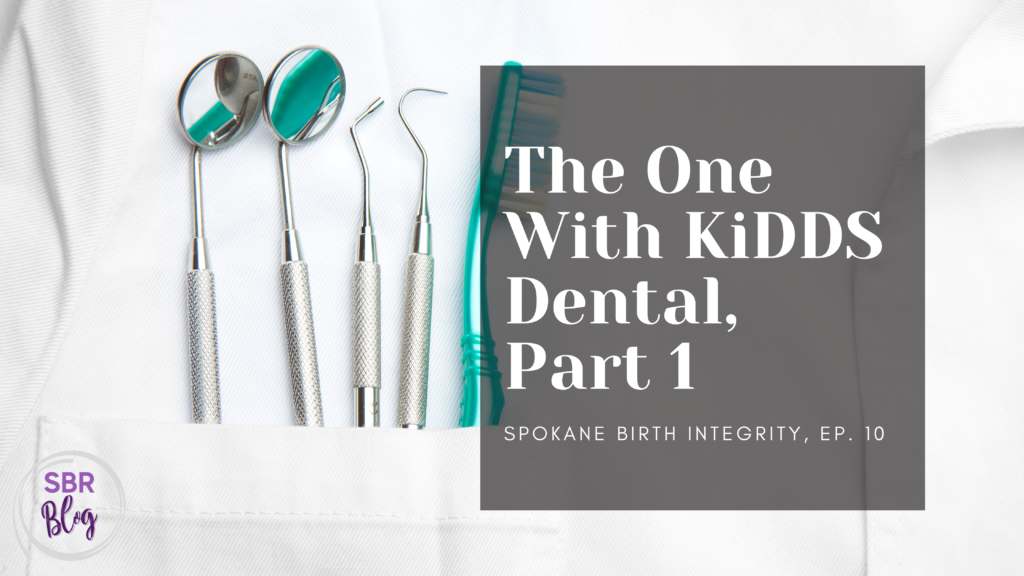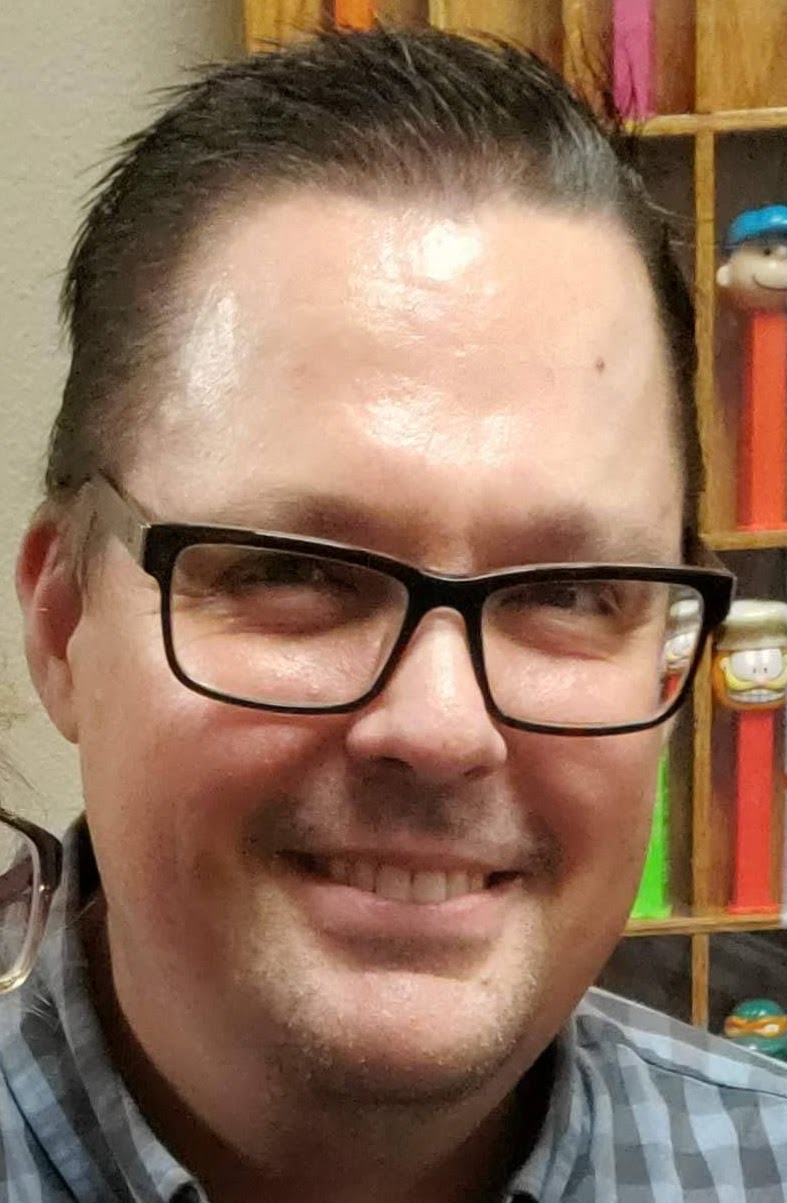
On the first half of a 2-part interview, Rachel & Amanda interview Dr. Jared Evans of KiDDS Dental in Liberty Lake.
According to the KiDDS Dental website, growupsmiling.com, “As a Spokane area pediatric dental office, we strive to meet the unique needs of children. Our children’s dental programs include being committed to family-centered oral health for infants, children, adolescents and special needs patients.”
Follow KiDDS Dental on Instagram and Facebook, and check out their high-visibility ad on the Pediatric Dentistry page of the SBR Directory!

Here are some highlights from our interview with Dr. Jared:
12:30 – “I had some very good mentors in that school that found some strength in me and they really mentored me and pushed me into the pediatric dentistry side. And so I didn’t know I had that in me until others helped me find that along the way. So, I really have to thank the good mentors and professors and people I had that recognized something in me that I didn’t necessarily instantly know or realize. It really helped me realize … this is what I was supposed to be. I’m good at [pediatric dentistry].”
20:40 – “I’ll tell you flat out being a parent certainly made me a much better dentist and certainly pediatric dentist. Because you can pontificate from your ivory tower of knowledge on everything you’ve learned and you know, you’re supposed to be that way. But you know, there’s school smarts, there’s academics, but then you know, there’s practical in real life, right? And sometimes it’s hard if you haven’t been there and you’re trying to tell somebody else how to get through it and you may not have been through some of that yourself. I think there’s truly a disconnect. It is not as genuine. And you may not understand the burden you’re putting a patient or a parent through because you haven’t been there and it’s simple to just say, ‘This is what I see and this is what I think, I’m the expert,’ but you can get tunnel vision. And everyone needs big picture to truly have a better understanding and understand their patients better, as well. It’s not just one size fits all.”
24:37 – “So many times when you have that sucking occurring, that’s the way the baby starts coordinating the muscles of their GI tract and their mouth and they get the peristaltic movements. And so that’s one way of coordinating your whole GI tract- digestive system and stomach, breathing. You know, you can see a child that is very stressed out and you give them that pacifier and then they calm down.
Well, generally, when they’re doing that, they’re rubbing the roof of their mouth, similar to when they took their first suckle, and it stimulates some nerve endings in the roof of the mouth and it recreates that feeling of well-being … So they use that to comfort themselves.”
30:37 – “You’re not going to pay attention to the wrong behavior. You’re going to reward the right behaviors, you know, if they’re acting good, you praise them for that, tell them how proud you are and what’s going good. If they’re not acting right, don’t give them the attention to that, you almost ignore that. Many times kids’ reactions are more for attention. So give attention to the right things and you’ll reinforce the right behaviors.”

32:37 – “Ninety-nine percent of the time, kids are just great, and you just appreciate them for who they are and what they are and what they bring as they’re growing. And it’s so fun to see them grow up. And you treat them and respect them for who they are and the person that they are. And, you know, I think everyone wants to feel like they’re in control, so does a child. And so you’ve got to give them the right options to help them feel in control. So you never really want to present a child with ‘yes’ or ‘no’. I’ve told my staff probably the worst thing you can say in a children’s office is, ‘Do you wanna…?’ That is a curse word.”
35:18 – “If they have anxieties, you [can] help work them through it and now they have the confidence [to] cope and handle experiences [that are] part of life. But to grow them to that point, the point that we can’t fulfill their needs anymore … If we help you grow up to that point, to be a confident person, then we did our job, and that’s what it was about.”
36:34 – “Dental cavities or ‘caries’ is actually the most common disease in childhood, according to the surgeon general’s office. In Spokane, by second grade, 60% of children have untreated decay.”
37:10 – “When people say bad teeth run in our family, it generally means bad bacteria is being passed among family members. Dental caries are caused by specific strains of bacteria being introduced to the mouth. The mouth is the gateway to the whole body.”
38:37 – “If that strep[tococcus] mutans becomes the early colonizer in the mouth, whatever is a early colonizer in your normal flora will dominate in number. So if you get that one bad bacteria, that’s one of the first colonizers and it dominates in number, you will have a higher risk of getting cavities throughout your life.”
39:05 – “This is an infection and the biggest preventative measure you can take – avoiding the introduction [of Streptococcus mutans] while you’re young.”
41:14 – “When it comes to diet, it’s not the amount of sugar consumed that hurts the teeth, it’s the amount of time a sugar is on the tooth. I think cereal and goldfish crackers are causing more cavities nowadays than candy did when we were growing up because we are in an industrialized snacking society, and COVID did this, too. We had nothing else to do except stay at home and eat.”
